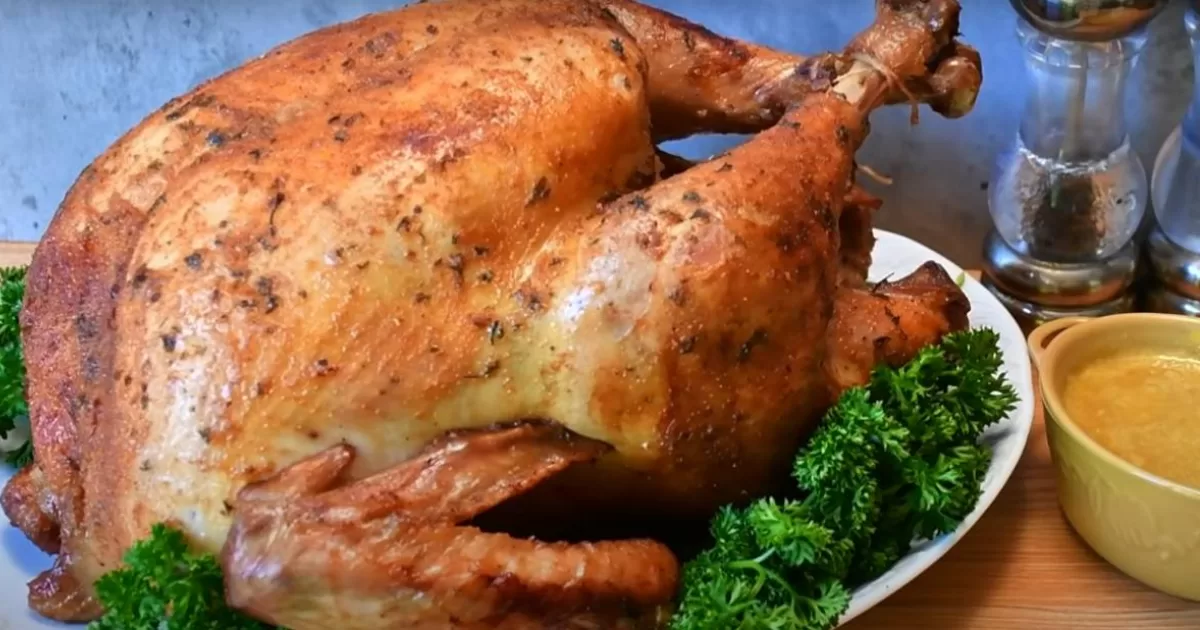The rise in consumer prices accelerated slightly in January, with the inflation rate reaching 6% over one year after 5.9% in December, according to an initial estimate published on Tuesday 31 January by INSEE.
“This slight rise in inflation would be due to the acceleration in food and energy prices”, respectively up 13.2% and 16.3% over one year, indicates the National Institute of Statistics and Economic Studies in its press release. energy prices “would rebound due to the rise in the price of petroleum products, partly due to the end of fuel discounts, and the regulated rise in gas prices”.
Rising prices: towards an inflation peak in early 2023
On January 1, 2023, the discount at the pump of 10 euro cents per liter and the 4% cap on the gas price increase ended (in favor of a 15% cap in 2023).
An increase of 15.1% over one year in 2022
By way of comparison, energy prices had increased by 15.1% over one year in December and by 19.9% in January 2022. As for food products, the rise in prices accelerated in January at the end of both for fresh products (+9.8% over one year after +9.3% in December 2022) and other food products (+13.8% after +12.6%).
Small crisis, small rebound? How 2023 is shaping up
Conversely, the increase in the prices of services slowed down during the first month of 2023, falling from 2.9% to 2.6% over one year. The change in the cost of manufactured goods remained stable (+4.6% in December 2022 and January 2023), while tobacco prices rose slightly less rapidly than in December (+0.2% after + 0.3%). A reference figure for comparisons with other European countries, the harmonized consumer price index (HICP) stood at 7% over one year in January, after 6.7% in December.
INSEE is due to publish a second estimate of inflation in January on February 17.

